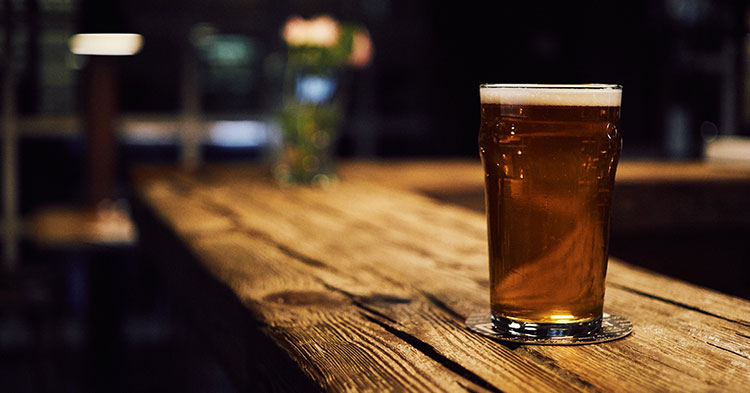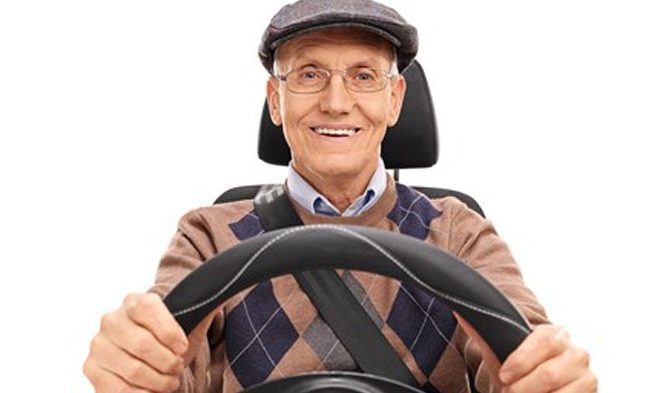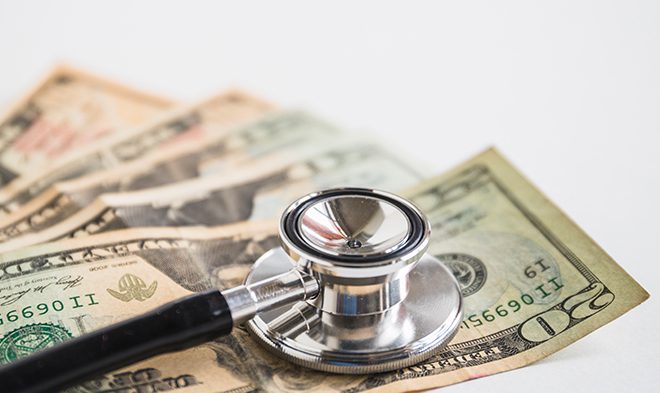You can get a criminal record from drinking one beer
According to Caro Smit from Arrive Alive, blood or breath does not have to be taken; it must only be proved that a person drank alcohol. That means it does not matter if you feel drunk or if you think you are in control of your driving. You can still get penalised.
“If someone has drunk any alcohol and is under the influence of an intoxicating substance and driven in an impaired way they can be charged under the main count in the National Road Traffic Act Sect 65 (1) ‘Driving under the influence’,” says Smit. “It is an offence to drive, or attempt to drive, a motor vehicle while there is more than the ‘prescribed concentration of alcohol’ (PCA) in your blood.”
More than 500 drivers were arrested in Johannesburg alone during the festive season because they were driving under the influence of alcohol. Izanre Piek, a Legal Call Centre Manager at LegalWise, says the legal breath alcohol limit is less than 0.24mg in 1 000 ml of breath while blood alcohol limit is less than 0.05 g per 100 ml. In other words, one unit of alcohol over an hour can put you over the limit.
“The blood alcohol level is subject to a myriad of factors, such as hydration levels, hormones, medication, extreme heat, how much the person weighs, how much food the person consumed, and so on,” says Piek. “It is impossible to predict when one beer will push you over the level. Rather don’t drink and drive at all.”
According to Smit drunk driving is no longer called “drunk driving” as even one unit affects driving skills. “It is called “drink driving” internationally now, as any alcohol affects driving skills and it is not important to prove whether the person is “drunk” or not,” he says. “A practiced drinker seldom looks “drunk” and can still be way over the legal limit, and a danger to self and others.”
If death or severe injury is caused while you are driving under the influence you could face up to nine years in jail or incur fines of 120 000-180 000. Your licence could also be suspended and get a criminal record
Smit says that only nine percent of those who get tested get sentenced because of the system. “At present, most of the major role players in South African road safety are not effective enough,” he says. “This includes the government departments such as Justice, the Traffic Authorities, and road users themselves.”
MoneyShop





